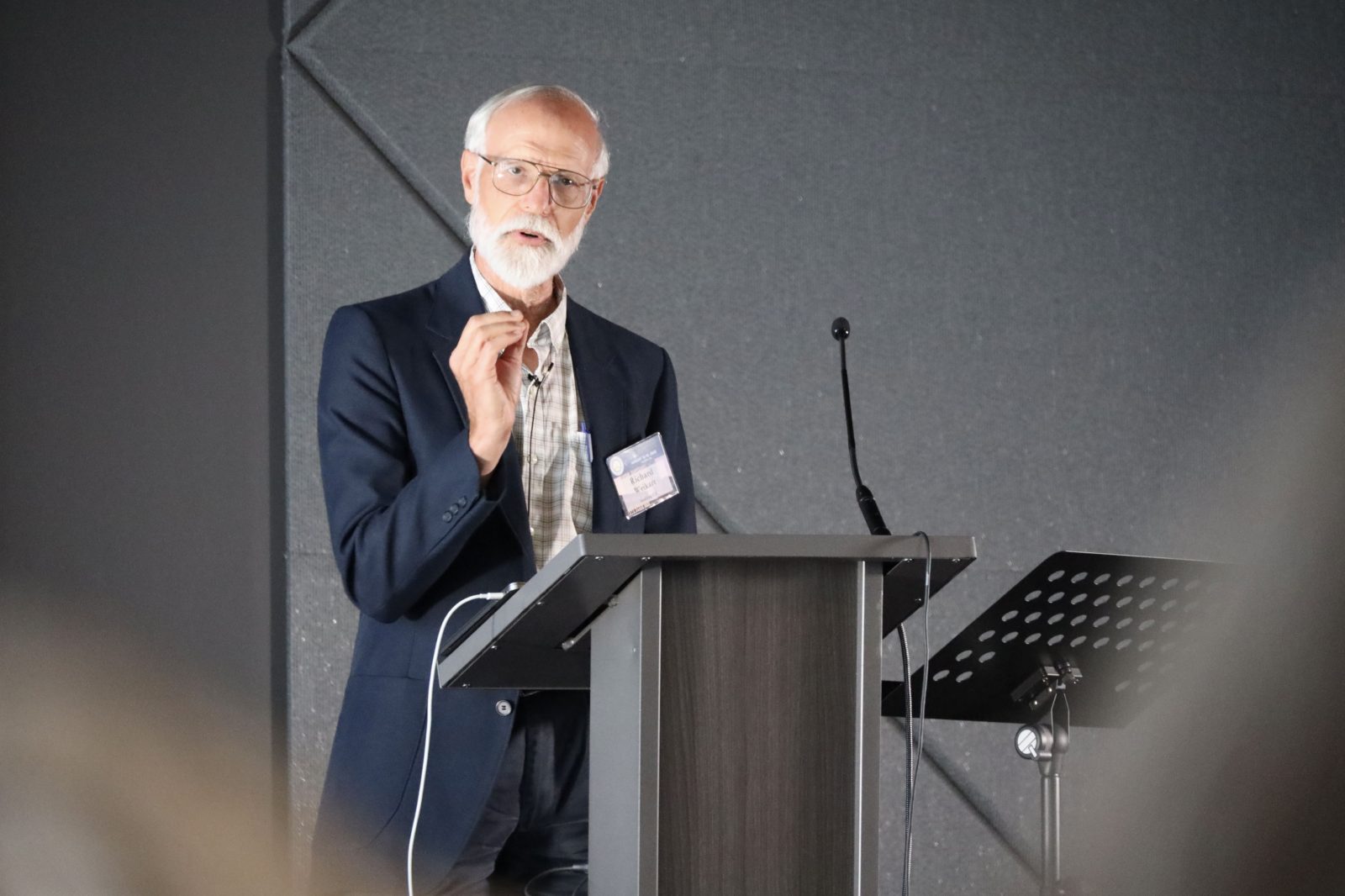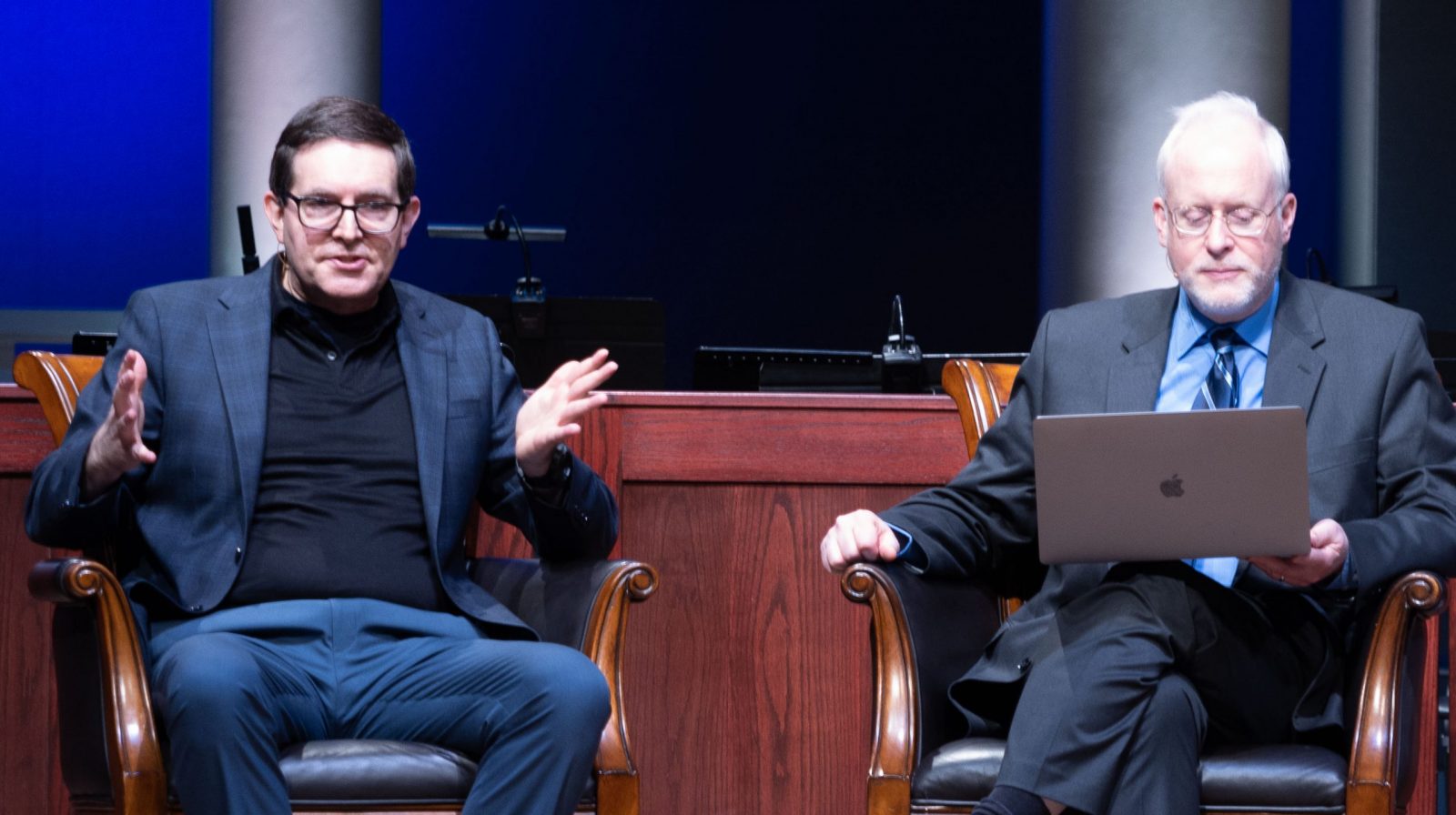Today’s ID the Future spotlights Darwinian racism, past and present. In this first half of a panel discussion at the 2022 Center for Science and Culture Insider’s Briefing, Darwin Day in America author John West introduces the other panel members, teases an upcoming book, Darwin Comes to Africa, and discusses his experience visiting the Museum of Criminal Anthropology in Turin, Italy, where the work of infamous Darwinian criminologist Cesare Lombroso’s racist ideas about evolution and race are on dramatic display. Then historian Richard Weikart, author of Darwinian Racism, debunks the popular media claim that white nationalist racism in America is a Southern evangelical phenomenon. Weikart shows that the most prominent white nationalists show little if any interest in promoting Christianity, but they very consistently anchor their racist ideas of white superiority and the racial struggle for supremacy in Darwinism, with straightforward links to Charles Darwin’s own ideas and arguments in The Descent of Man. Weikart is careful to emphasize that Darwinism does not necessarily lead its adherents to racism and, in fact, most Darwinists today are not racists. But racist ideas were woven into modern evolutionary thinking from the beginning and do serve as a major inspiration for white nationalist writers and even for some recent mass shooters. Weikart ends his lecture with a twist. He says there is one strongly anti-racist component in Darwinian materialism: Darwinian materialism, if true, means that all humans are equally without value — just so many DNA survival machines in a world without higher purpose or meaning. A grim takeaway, but only for those who feel compelled to embrace modern Darwinism. If you are open to questioning it, there are a wealth of resources at this podcast and at intelligentdesign.org showing that the evidence points strongly in another direction.









